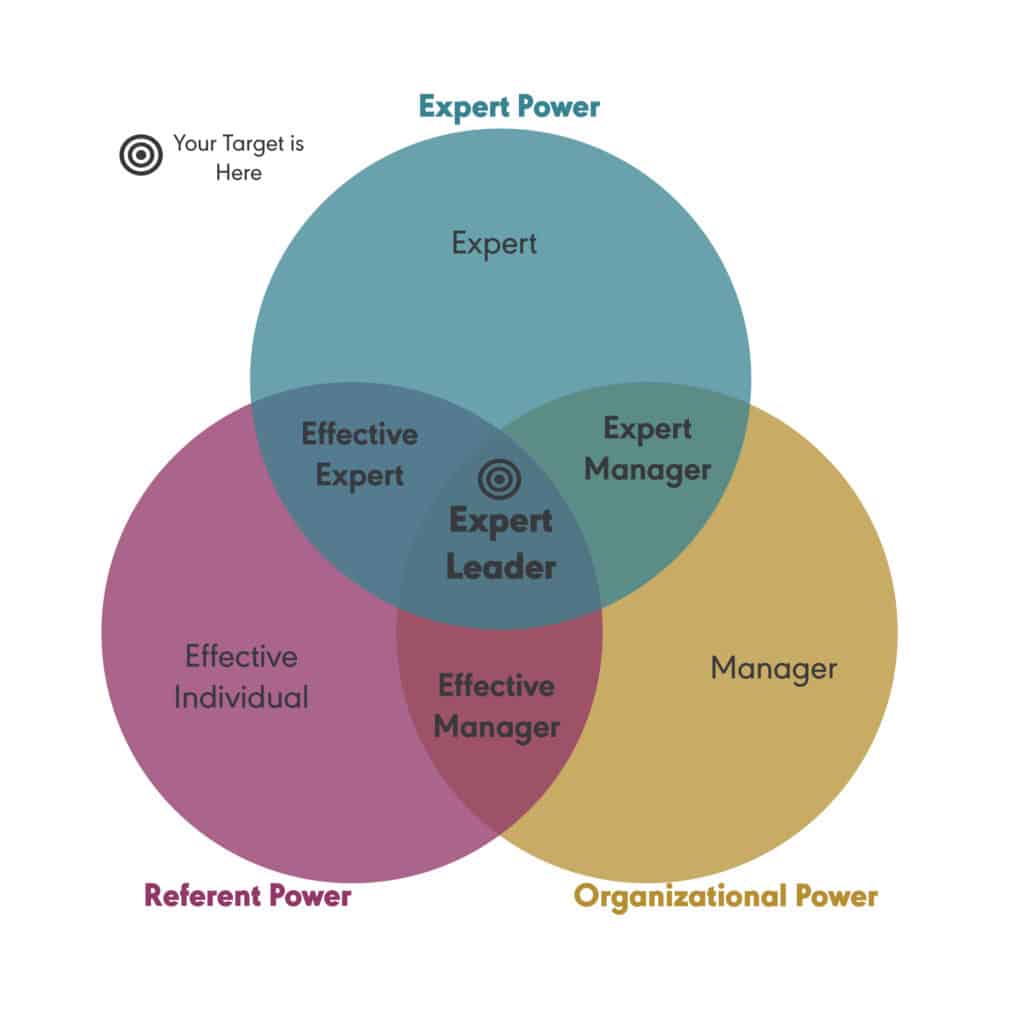
“[They] aren’t just hard to find — they don’t exist”
Think this was written about the elusive Sasquatch? Loch Ness monster, maybe? What about the abominable snowman?
Nope, nope, and nope. This was referring to good engineering managers.
In his opinion piece, Juan Pablo Dellarroquelle argues that engineers that are good at their jobs have little incentive to move into a managerial role because they are already influential leaders in an individual contributor role.
Alternatively, he argues, engineers who are weak technically are promoted to managers because of their organizational skills.
While this may be the case in some circumstances, in general – I disagree.
Good engineering managers exist
Not only do they exist, they are surprisingly abundant. And effective.
Engineers make some of the best managers. Engineers’ effectiveness is not limited to individual contributor roles. We tend to be extremely talented in many of the qualities essential for leadership – critical thinking, decision making, and problem-solving.
Now combine that with some development in other aspects of leadership, such as inspiring others, effective communication, and presentation skills, and suddenly, engineers become very powerful leaders.
My theory for why good engineering managers seem difficult to find? True engineering leaders quickly move through the ranks. So good engineering managers are not hard to find – they are hard to keep.
A manager that combines technical expertise and interpersonal skills touch on all aspects of authority – organizational and personal – making them a powerful, and nearly unstoppable leader.
Not convinced? Just look at the percentage of CEOs with a degree in engineering….
Researchers at SpencerStuart studied the educational background of the S&P 500 CEOs. What they found was that 33% of the CEOs’ undergraduate degrees were in engineering. (Wondering the percentage with business administration background? 11%)

This has been my experience. I am not shy about sharing that it was engineering leadership skills, and not my highly technical skills, that catapulted my career. Within 3 years, I went from clueless co-op to engineering subject matter expert. In fact, that is why I am so passionate about helping engineers improve their impact through professional and leadership development.
Why the misconception?
So why do engineering manager get such a bad reputation when it comes to leadership?
Because new engineering managers sometimes do not recognize the change of scope, and how to be effective, in their new role.
Essentially, going from engineer to a manager is not a promotion – it’s a career change. The problem, as Lindsay Holmwood identified in his article, is that sometimes engineers move into engineering roles unprepared for the fundamental shift in their role.
And going from individual contributor to manager is harder than it seems. This is true for any educational background – not just engineers.
How do you bust the myth?
So, engineers, what can you do to better prepare for a role in management? Continue to develop in areas that are not traditionally strong for engineers.
Develop your interpersonal skills
While it can be easy to push these aside as “soft” skills, in reality, they are essential. Communication, creativity, and relationship building are among the top skills to which leaders most often attribute their success.
Practice leadership
Whether it is leading a special committee for your organization, coaching a youth sports team, or chairing a not-for-profit board, practicing your leadership skills will be an important step in making the transition to management easier.
Delegate
It will be critical for you to focus on the tasks of managing and leading, instead of being an individual contributor. And this will require that you get good at delegating. A great way to differentiate what you should be doing and what you should delegate? Only do what only you can do.
Maintain your technical expertise
While it will no longer be your primary role, it will be important for you to stay engaged in the technical projects of your team. Not hands on, but engaged. Your team will respect you for it and you will be better able to anticipate their roadblocks.
Summary
So, no, I do not believe that good engineering managers are rare. Or the sasquatch of leadership. In fact, some of the very best managers I know are engineers.
Many of the qualities essential for leadership – critical thinking, decision making, and problem-solving – are natural strengths of engineers. Couple that with a focused effort in developing social and leadership skills, and an engineer’s potential for making an impact as a manager is infinite.
 Ask a question or send along a comment.
Please login to view and use the contact form.
Ask a question or send along a comment.
Please login to view and use the contact form.
My organisation had three engineers in a row as City Managers
Ash, I think you’re right on with this article. My own experience fits the description, starting as a successful engineer then engineering manager opened up commercial opportunities that I then advanced through to high levels of business leadership.
I’m most fond of the engineering manager job I had at General Electric. I think because that’s where it all really started for me. That’s also where my love of systems, safety, and reliability engineering came from. Those were good times, however the pay is a lot better now!